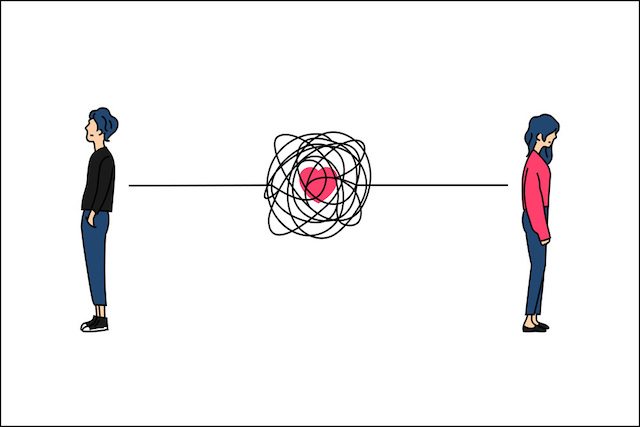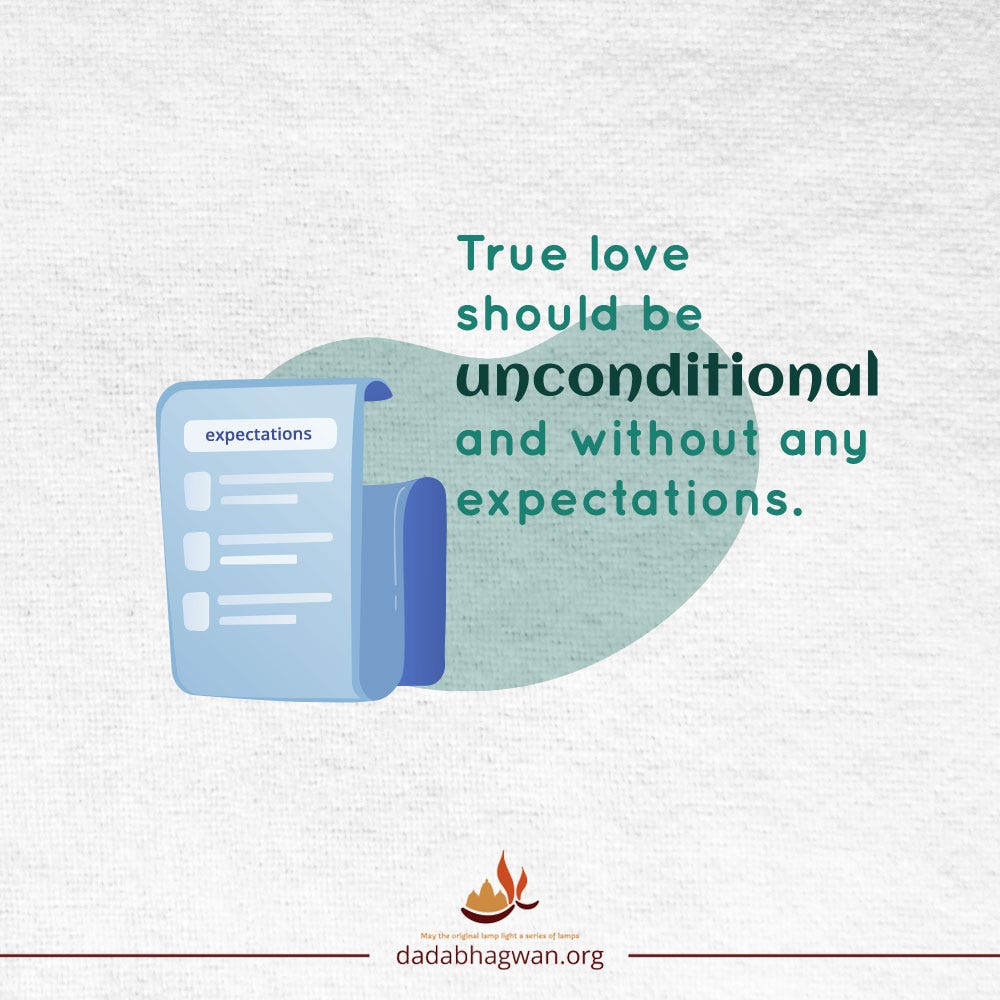So, you wanna know how to stop having expectations in relationships, huh? Let me tell ya, it’s a journey, not a destination, and I’ve definitely stumbled my way through it. For the longest time, I didn’t even realize how much my own expectations were messing things up.
My Old Playbook: Expectation Overload
I used to be the king of expectations. Seriously. I had this invisible checklist for everyone in my life. My partner? Oh, they needed to know what I was thinking without me saying it, always be in a good mood (especially when I wasn’t), and basically be a mind-reading, mood-lifting superhero. Friends? They had to reply to texts within a certain timeframe, always be available for a chat, and never, ever cancel plans. Even my family, bless ’em, weren’t spared. Holidays had to be perfect, just like I’d imagined.

And the result? Constant disappointment. I was always feeling let down, frustrated, sometimes even angry. It made me kinda bitter, and looking back, I was probably a real pain to be around. I spent so much energy being upset that people weren’t living up to my script for them.
The So-Called “Perfect” Moment That Broke Me
There wasn’t one giant explosion, but more like a series of tiny paper cuts that finally made me bleed out. I remember meticulously planning this “perfect” anniversary dinner. I had expectations for the restaurant, my partner’s reaction to the gift, the conversation, everything. And, of course, it all went sideways. The food was meh, my partner was tired from work, and the whole vibe was just…off. I was crushed. Internally, I was throwing a tantrum because things weren’t going according to my plan.
That night, I really sat with that feeling. It wasn’t just about a ruined dinner. It was about all the times I’d felt that way. It was exhausting. I realized my expectations were like setting little traps for myself and everyone else, just waiting for someone to trip.
What I Tried (and Mostly Failed At First)
So, I decided I needed to change. My first brilliant idea was to just… stop having expectations. Cold turkey. Yeah, right.
- Attempt 1: The Suppression Method. I tried to just squash any expectation that popped into my head. Bad move. It just meant I bottled things up and then they’d eventually explode in a really weird, passive-aggressive way. Super healthy, I know.
- Attempt 2: The Over-Communication Overload. Then I swung the other way. I started telling people every single tiny thing I hoped for or expected. “I expect you to text me good morning.” “I expect us to spend three hours together tonight.” You can imagine how well that went down. It was exhausting for them, and honestly, it made me sound like a dictator.
- Attempt 3: Blaming Everyone Else. For a while, I just figured everyone else was the problem. They were inconsiderate, they didn’t care enough, etc. That was a fun, lonely phase.
Shifting Gears: What Actually Started to Work (Sort Of)
It took a lot of fumbling, but eventually, I started to figure a few things out. It’s not about having zero expectations – that’s just not human. We all hope for kindness, respect, basic stuff. It’s about managing the unrealistic, unspoken, and unfair ones.
Here’s what I started doing, and it’s still a work in progress, mind you:

- Focusing on myself. Big one. I started asking what I was bringing to the table, instead of just focusing on what I was (or wasn’t) getting. Am I being a good friend? A supportive partner?
- Appreciation over expectation. I consciously started trying to appreciate people for who they actually are, not for the version of them I had in my head. This meant really listening, observing, and accepting their quirks and flaws, just like they (hopefully) accept mine.
- Communicating needs, not demands. Instead of expecting my partner to magically know I needed comfort after a bad day, I learned to say, “Hey, I had a rough day, could really use a hug or just to vent for a bit?” It’s amazing how much better that works than silently fuming.
- Acceptance. This is the toughest one, and I wrestle with it daily. Accepting that people will do things I don’t like. They’ll make mistakes. They’ll have different priorities. They are not extensions of me. They’re separate individuals. Letting go of the need to control outcomes was, and is, huge.
- Distinguishing between expectations and standards. It’s okay to have standards for how you want to be treated (e.g., with respect). It’s not okay to expect someone to read your mind or change their core personality for you.
Honestly, it’s an ongoing practice. I still catch myself slipping into old habits. I still get a little twinge of disappointment when things don’t go “my way.” But now, I’m quicker to recognize it. I can take a step back and ask myself, “Is this a reasonable expectation, or is this just my old programming?” Most of the time, it’s the latter.
It’s made my relationships a lot less stressful and a lot more genuine. I’m not saying it’s easy, but it’s definitely been worth the effort. Way better than being stuck in that cycle of disappointment, that’s for sure.